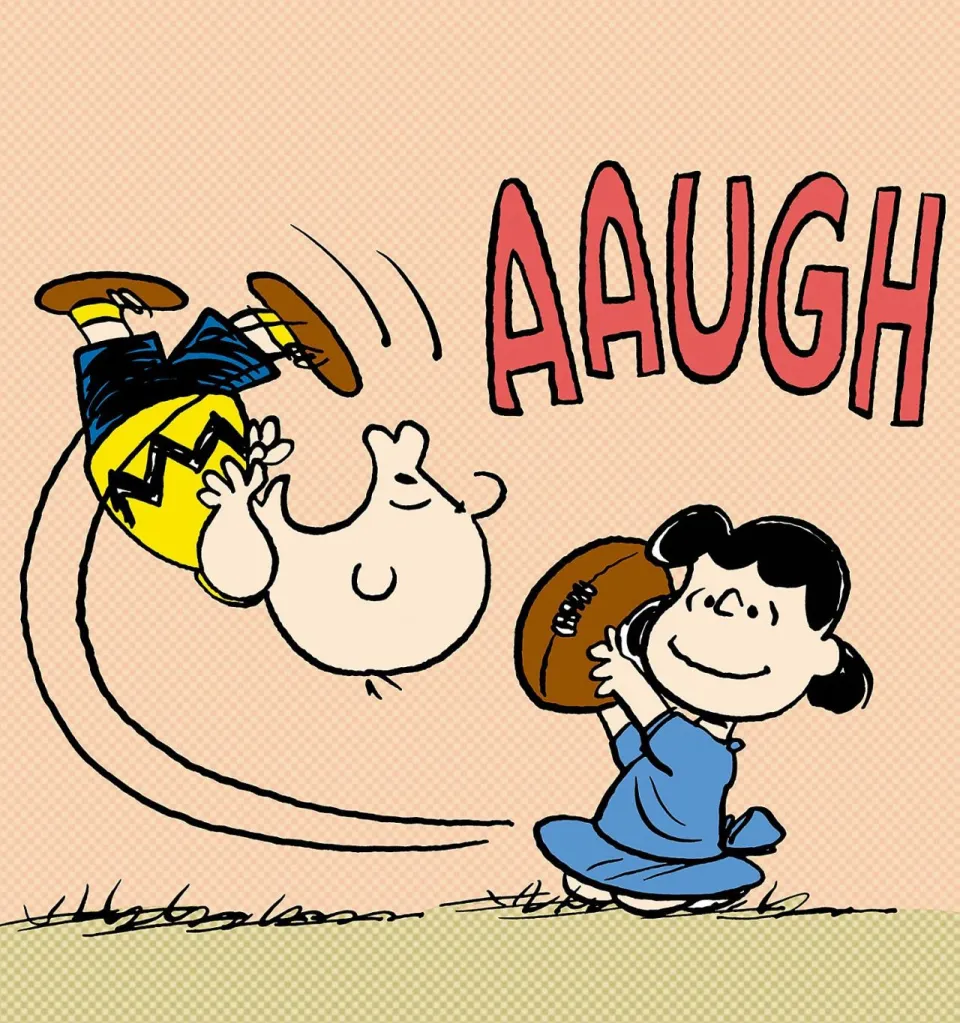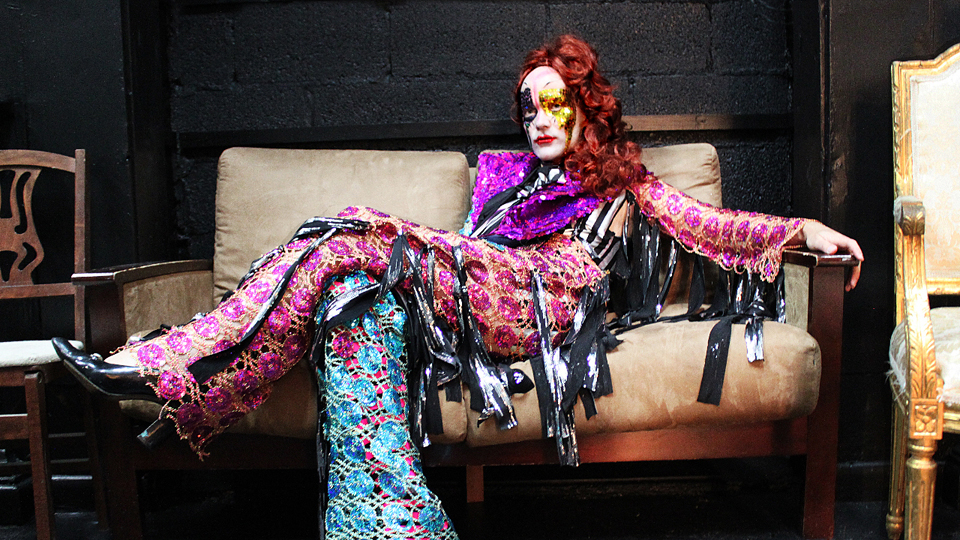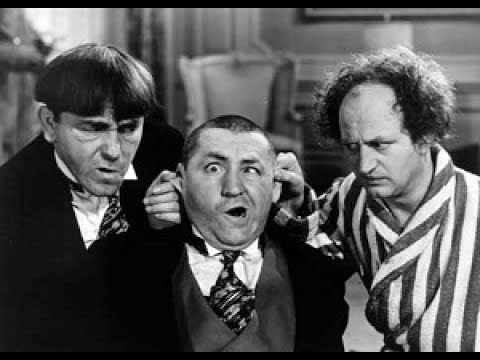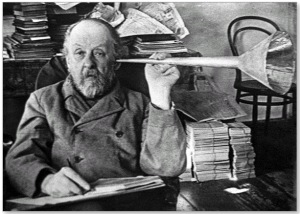
I suspect I’m dating myself, but does anyone else remember the Peanuts cartoons? Specifically that endlessly repeated gag (more like heart-wrenching tragedy) of Lucy offering to hold the football for poor, hapless Charlie Brown so he can kick it? Of course, she winds up pulling it away just in time for him to miss the kick and fly through the air screaming, then land in a heap, bruised and miserable, furious at himself for placing his trust once again in a faithless so-called friend.
Law firms do that. I mean, they do the Lucy bit, with the football.
“So…when you say he promised you’d be elevated to partner,” I asked one client just the other day, “Do you mean, as in, he actually promise promised to make you partner…or just sort of implied strongly it would happen?”
My client’s response was unequivocal: “He promised.”
I fumbled for wiggle room. “But can he do that? How much capital does this guy have at the firm to burn on elevating one of his own?”
My client wasn’t taking wiggle for an answer: “He’s the managing partner of a smallish firm. He can elevate whomever he wants.”
Wait. Hang on…one more question: “Did he specify when he’d make you partner?”
Now I had him. Because the unfailing law firm answer to any question regarding something good that’s going to happen to you (i.e., not to them) is: Not now…but soon.
Promising stuff to you (not now, but soon) is actually a key law firm technique for getting what they want from you (immediately.)
The looming temporal gulf between what they offer to you and what they demand from you is acute. It is stark. It is striking.
Compare and contrast:
The stuff they offer to you will arrive whenever they please, which seldom means anytime remotely contemporaneous with the current era. (And, no, don’t bother them about it, or they might change their minds.)
The stuff they require from you, on the other hand, will happen immediately. This very minute. As in, I’m aware it’s Saturday night, and no, I don’t care. I’m not asking – that’s me being polite. I’ll have it Monday morning or you’re fired.
That kind of right now. Law firm right now.
Returning for a moment to those lovely, tasty things that they’re promising to you… It’s worth asking just how long a period of time not now, but soon can be drawn out to occupy, at least in the minds of those who run law firms.


 To talk about lawyer burnout in a meaningful way, we have to mention the finish line problem. It’s the common element in every lawyer burnout story I’ve heard.
To talk about lawyer burnout in a meaningful way, we have to mention the finish line problem. It’s the common element in every lawyer burnout story I’ve heard. “I don’t think…I mean…I’m not someone it would be fair to call a gunner…do you think?” My client asked, a quiver of trepidation in her voice.
“I don’t think…I mean…I’m not someone it would be fair to call a gunner…do you think?” My client asked, a quiver of trepidation in her voice. It was especially fun getting together in a recording studio in midtown Manhattan a couple weeks ago with my old friend, Frazer Rice, to compare notes on life and work and everything else, former lawyer to former lawyer.
It was especially fun getting together in a recording studio in midtown Manhattan a couple weeks ago with my old friend, Frazer Rice, to compare notes on life and work and everything else, former lawyer to former lawyer. Frazer is a great guy, and a great interviewer, and we managed to cover a lot of ground.
Frazer is a great guy, and a great interviewer, and we managed to cover a lot of ground. Please check out The People’s Therapist’s legendary best-seller about the sad state of the legal profession:
Please check out The People’s Therapist’s legendary best-seller about the sad state of the legal profession: 
 My first book is an unusual (and useful) introduction to the concepts underlying psychotherapy:
My first book is an unusual (and useful) introduction to the concepts underlying psychotherapy:
 Isolation is a popular topic with my lawyer clients. There are so many varieties of biglaw loneliness I hardly know where to start explicating the phenomenon. One client summed up his particular variant:
Isolation is a popular topic with my lawyer clients. There are so many varieties of biglaw loneliness I hardly know where to start explicating the phenomenon. One client summed up his particular variant: This one really happened – and it happened to yours truly (as opposed to the usual disguised anecdote loosely based on a factually altered tale from one or more carefully anonymized clients.)
This one really happened – and it happened to yours truly (as opposed to the usual disguised anecdote loosely based on a factually altered tale from one or more carefully anonymized clients.) I’m always hearing that I’m a downer, that all I ever write about is the negative side of law. Nothing could be further from the truth. If The People’s Therapist has one precept he lives by, it’s that old adage (okay, so maybe it’s a tenet) from management theory: Don’t bring me a problem unless you’re also bringing me a solution. It’s hardly my issue that all people ever seem to bring me (at least where law’s concerned) is problems. I’m drowning in their problems, and they must have the wrong guy, because I’m a constitutionally upbeat, constructive person – all about solutions, and upbeat ones, at that. Upbeat, constructive solutions are my forte. But these law people…what can I say? They just keep coming with the problems.
I’m always hearing that I’m a downer, that all I ever write about is the negative side of law. Nothing could be further from the truth. If The People’s Therapist has one precept he lives by, it’s that old adage (okay, so maybe it’s a tenet) from management theory: Don’t bring me a problem unless you’re also bringing me a solution. It’s hardly my issue that all people ever seem to bring me (at least where law’s concerned) is problems. I’m drowning in their problems, and they must have the wrong guy, because I’m a constitutionally upbeat, constructive person – all about solutions, and upbeat ones, at that. Upbeat, constructive solutions are my forte. But these law people…what can I say? They just keep coming with the problems. Mike DeBlis is an exhilarating interviewer. After chatting away merrily for nearly an hour, delving down into the issues in a refreshingly honest and unvarnished manner, he surprised me by nonchalantly announcing: “Will, this is great.” I, of course, enthusiastically agreed. Then he added, even more nonchalantly, “So, shall we begin recording?” I couldn’t think of anything else to say, but “sure.” And so we did.
Mike DeBlis is an exhilarating interviewer. After chatting away merrily for nearly an hour, delving down into the issues in a refreshingly honest and unvarnished manner, he surprised me by nonchalantly announcing: “Will, this is great.” I, of course, enthusiastically agreed. Then he added, even more nonchalantly, “So, shall we begin recording?” I couldn’t think of anything else to say, but “sure.” And so we did. I realized that’s the secret to how Mike gets such open, authentic, natural sounding podcasts for his series – he uses that first hour as the warm-up, to actually sit down and talk and talk and get to know his guests.
I realized that’s the secret to how Mike gets such open, authentic, natural sounding podcasts for his series – he uses that first hour as the warm-up, to actually sit down and talk and talk and get to know his guests.
 I was recently interviewed by the lovely and vivacious Melissa Maleske, Senior Reporter for Law 360, for an article entitled “How to Stop Hating Your BigLaw Life” – and you can read it
I was recently interviewed by the lovely and vivacious Melissa Maleske, Senior Reporter for Law 360, for an article entitled “How to Stop Hating Your BigLaw Life” – and you can read it  The verb “to gaslight” comes from a 1938 stage play (which was then made into two movies, one starring Ingrid Bergman.) The plot is super-creepy, especially for 1938. In it, an evil husband tricks his young wife into believing she’s losing her mind by staging bizarre occurrences in their house, then pretending only she’s seeing and hearing them (yes, he’s after her money.) His favorite trick is dimming the gas lights in her room before clomping around upstairs or making strange sounds emanate from the walls. Soon she’s freaking out whenever the lights dim, expecting another bad trip. After each freak-out, once she’s good and melted down, he rushes to her aid, feigning concern.
The verb “to gaslight” comes from a 1938 stage play (which was then made into two movies, one starring Ingrid Bergman.) The plot is super-creepy, especially for 1938. In it, an evil husband tricks his young wife into believing she’s losing her mind by staging bizarre occurrences in their house, then pretending only she’s seeing and hearing them (yes, he’s after her money.) His favorite trick is dimming the gas lights in her room before clomping around upstairs or making strange sounds emanate from the walls. Soon she’s freaking out whenever the lights dim, expecting another bad trip. After each freak-out, once she’s good and melted down, he rushes to her aid, feigning concern. I recently attended a conference at a law school – a pretty good law school – and they invited me to appear on a panel and paid for my transportation and even offered a hotel (if I needed one, which it turns out I didn’t, but still…nice.)
I recently attended a conference at a law school – a pretty good law school – and they invited me to appear on a panel and paid for my transportation and even offered a hotel (if I needed one, which it turns out I didn’t, but still…nice.) Readers of my blog express surprise when they discover that all my clients aren’t lawyers – indeed, a small but sizable percentage of my clientele consists of ordinary civilians, non-combatants, plain folk who have nothing whatsoever to do with law. But the people surprised by this situation are mostly biglaw lawyers – and what really surprises them is not that I work with non-lawyers, but that I work with non-lawyers employed in biglaw – secretaries, law librarians, human resources folks, paralegals and so on. In other words, what surprises them is that I work with those people, those other people.
Readers of my blog express surprise when they discover that all my clients aren’t lawyers – indeed, a small but sizable percentage of my clientele consists of ordinary civilians, non-combatants, plain folk who have nothing whatsoever to do with law. But the people surprised by this situation are mostly biglaw lawyers – and what really surprises them is not that I work with non-lawyers, but that I work with non-lawyers employed in biglaw – secretaries, law librarians, human resources folks, paralegals and so on. In other words, what surprises them is that I work with those people, those other people. My client – a second year corporate associate working in a foreign office – compared remaining at her biglaw firm to eating cockroaches.
My client – a second year corporate associate working in a foreign office – compared remaining at her biglaw firm to eating cockroaches.
 Here’s what you never hear anyone say at a Biglaw firm – followed by a discussion of why you never hear anyone say it.
Here’s what you never hear anyone say at a Biglaw firm – followed by a discussion of why you never hear anyone say it.
 If you’re a lawyer appearing at my doorstep, and you work in biglaw, there’s a good chance you’re seeking a way out. You don’t know what you want to do next, but the status quo is insupportable. That’s the standard set-up.
If you’re a lawyer appearing at my doorstep, and you work in biglaw, there’s a good chance you’re seeking a way out. You don’t know what you want to do next, but the status quo is insupportable. That’s the standard set-up. Someone posted the following astonishing comment in response to one of my columns a few months back:
Someone posted the following astonishing comment in response to one of my columns a few months back: